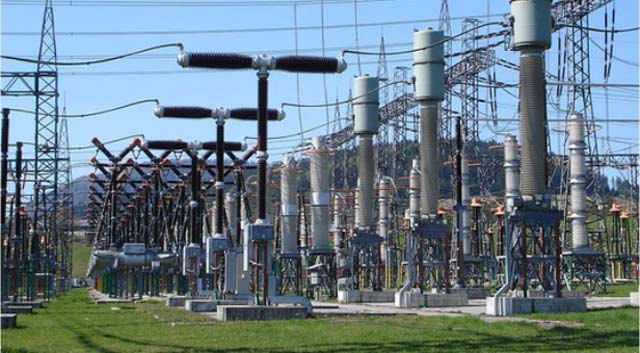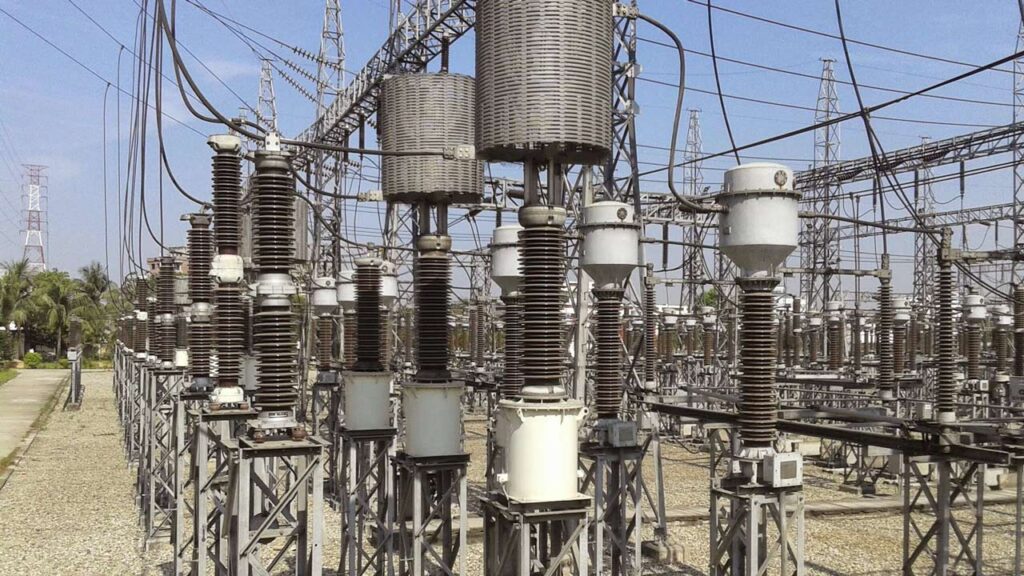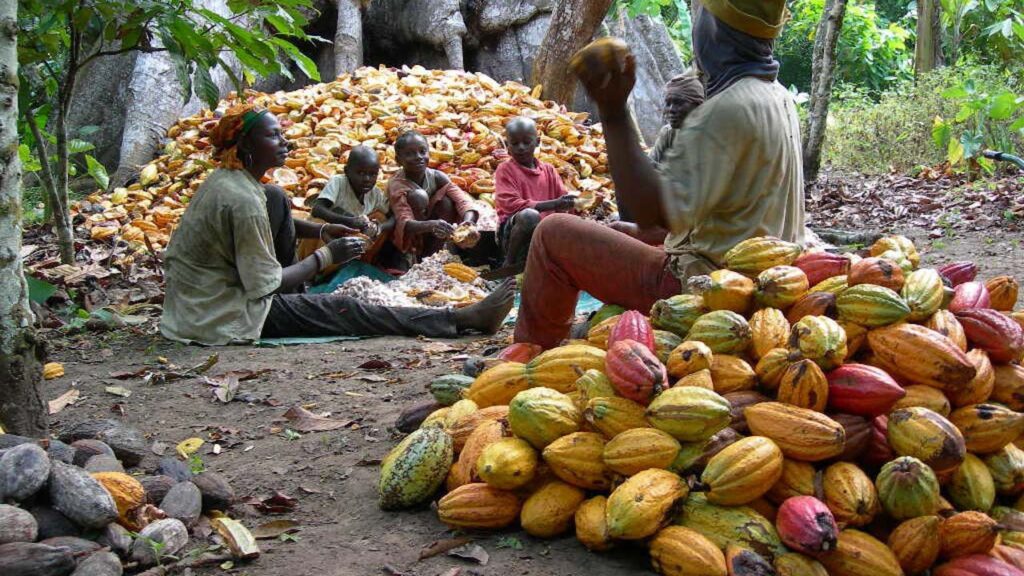
Local manufacturers have decried the plan to increase electricity tariff, despite the lingering challenge facing the real sector and poor quality of power supply, saying they spent an average of N70 billion on self-sourced energy last year.
According to the Manufacturers Association of Nigeria (MAN), the adjustment of N2.00 to N4.00 per kilowatt per hour of electricity by the Nigerian Electricity Regulatory Commission (NERC) is coming at a wrong time when Nigerians are battling with the harsh operating environment.
It lamented that local manufacturers spent about N70 billion on self-generated energy last year.
In its position paper on the recently adjusted tariff, the Director-General of MAN, Segun Ajayi-Kadir, said the recent increase in electricity tariff is not friendly with manufacturers and ill-timed as it would exacerbate the already high cost of production, worsen competitiveness and further depress productivity in the sector, which may exclude Nigeria from the list of beneficiaries of AfCFTA.
The recent increase, which followed a major review three months ago, according to MAN, is not in the best interest of the Nigerian economy.
Notwithstanding the directive of the Minister of Power, Saleh Mamman, to NERC, asking it to revert to old tariffs, local producers noted that the use of inflation, foreign exchange and gas price as justifications for the increase in tariff is weak and debatable.
The local producers stated that gas is produced locally to curb flaring and that there is no transparent framework in place to ensure that electricity consumers enjoy reduction in tariff when these indices decline.
MAN, therefore, asked the government to, as a matter of urgency and national interest, suspend the recent increase in electricity tariff until the economy improves or certain mutually-agreed economic attainment thresholds are met.
It states: “NERC is implored to fully perform its role as an unbiased umpire and always convene stakeholders’ meetings for extensive consultations before decisions with far-reaching implications on the private sector are taken.
“Government being a major stakeholder in the electricity industry should concentrate on developing processes and polices to attract significant investment to scale up generation, transmission and distribution infrastructure in the industry.
“There is an urgent need to evolve a more realistic tariff structure that will support the growth of the energy sector and the productive sector simultaneously.”
Data obtained from the office of the vice president, Prof. Yemi Osinbajo, revealed that the average volume of power generated and distributed to Nigerians from the national grid within last year was 4,051 megawatts (MW) daily, about 267.89MW more than the 3,783MW that was reported against 2019.
An average of 3,672MW could not get to the grid daily in the year while N645.15 billion was unearned as a result of the sector’s inefficiencies.
Nigeria’s transmission network equally reported a 5,520MW peak power generation and transmission, despite constraints bordering on insufficient gas supply, distribution and transmission infrastructure.
The power sector has continued to record poor results, implying that it has yet to overcome its perennial challenges.












